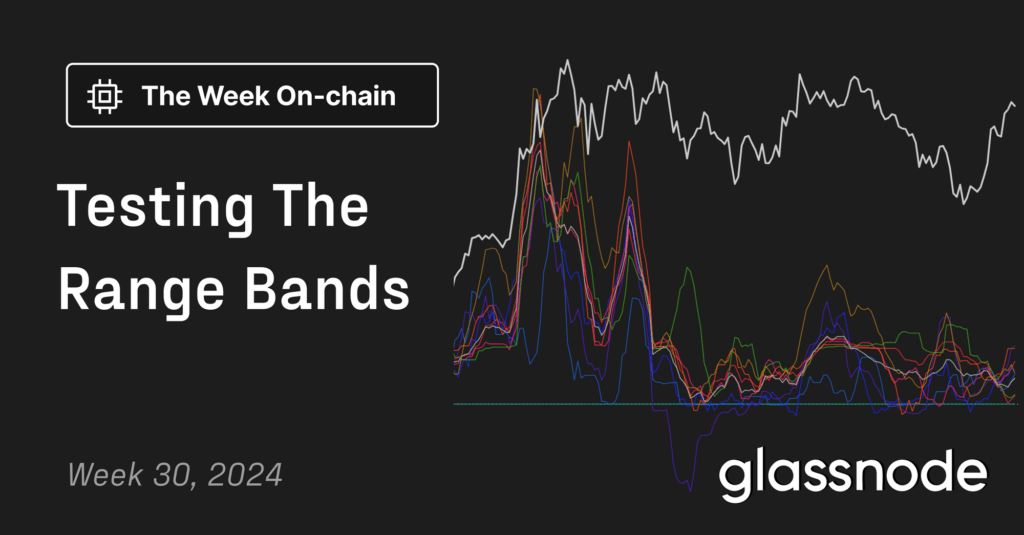Research Summary
The report discusses the centralization of power in the cryptocurrency industry, with a focus on Binance and its former CEO, Changpeng Zhao (CZ). It criticizes the financial and political establishment for penalizing those who facilitate blockchain technology. The report also explores the geopolitical dynamics between the U.S., China, and Russia, and their implications for the global economy and the cryptocurrency market. It further delves into China’s economic challenges and potential strategies for recovery, including credit expansion and international cooperation.
Key Takeaways
Centralization and Scrutiny in the Crypto Industry
- Power Centralization: The report highlights the centralization of power in the cryptocurrency industry, with Binance, under the leadership of CZ, becoming the largest centralized crypto trading venue globally within six years.
- Disproportionate Scrutiny: The author criticizes the financial and political establishment for disproportionately scrutinizing and penalizing Binance and CZ, compared to traditional financial institutions like Goldman Sachs and HSBC, which faced less severe consequences for their involvement in financial scandals and crimes.
- Threat to Established Systems: The report suggests that the establishment feels threatened by the disintermediation caused by centralized exchanges, which allow individuals to own a piece of the blockchain revolution.
Geopolitical Dynamics and Economic Implications
- US-China Relations: The report discusses the recent warming of relations between China and the U.S., hinting at potential economic implications, particularly for the crypto market. It notes the cleaning up of San Francisco in preparation for Chinese President Xi Jinping’s visit, signaling the importance of the event.
- Political Importance of Oil Prices: The report underscores the political importance of oil prices, as lower prices can lead to economic growth and influence voter decisions. It cites NBER statistics showing that U.S. presidents are more likely to be re-elected if the economy is not in recession within two years of an election.
- Western Media’s Changing Narrative: The report suggests that the Western media’s changing narrative on the Ukraine war indicates a shift in perspective, with less support for the conflict and an acknowledgment of its stalemate nature.
China’s Economic Challenges and Potential Strategies
- Need for Economic Stimulus: The report suggests that China is in need of a massive stimulus to boost its property market and infrastructure spending to combat unemployment. The effectiveness of China’s stimulus is constrained by the Federal Reserve’s monetary tightening, as significant credit issuance by China could devalue the yuan and trigger capital flight.
- Impact of US Monetary Policy: China requires a steady or easing US monetary policy to prevent the yuan from depreciating against a potentially weakening dollar. US Treasury Secretary Yellen has been working to weaken the dollar by issuing more Treasury bills, which has led to a decrease in the Federal Reserve’s Reverse Repo Program (RRP) balances and a fall in the dollar index since early November.
- Property Market Bubble: China’s property market is described as being in a severe bubble, with the potential for significant losses that could lead to public discontent and pose a political challenge for the government in deciding who should bear the losses.
Implications for the Cryptocurrency Market
- Bitcoin’s Prominence in China: Bitcoin’s prominence in China is highlighted by the country’s history of significant mining operations and the active participation of wealthy coastal Chinese in Bitcoin’s growth as a store of value.
- Impact of China’s Monetary Policy: The provision of more abundant yuan credit by the Chinese banking system is expected to reduce the global demand for dollar credit, potentially lowering the price of credit and increasing the dollar fiat price of fixed supply assets like Bitcoin and gold.
- Investment Shift: In anticipation of China’s economic stimulus, the author plans to shift investments from T-bills to cryptocurrency, expecting a rise in value as China’s monetary policy becomes more expansionary.
Actionable Insights
- Monitor Geopolitical Dynamics: The geopolitical dynamics between the U.S., China, and Russia have significant implications for the global economy and the cryptocurrency market. Stakeholders should closely monitor these developments to understand their potential impact.
- Understand China’s Economic Strategies: China’s strategies for economic recovery, including credit expansion and international cooperation, could influence global financial markets. Stakeholders should stay informed about these strategies to anticipate potential market shifts.
- Consider the Impact of Monetary Policies: The monetary policies of major economies like the U.S. and China can significantly affect the value of cryptocurrencies. Stakeholders should consider these policies when making decisions related to cryptocurrency investments.
- Assess the Role of Centralized Exchanges: Centralized exchanges play a crucial role in the cryptocurrency industry. Stakeholders should assess the role and influence of these exchanges, considering factors such as regulatory scrutiny and market dynamics.














